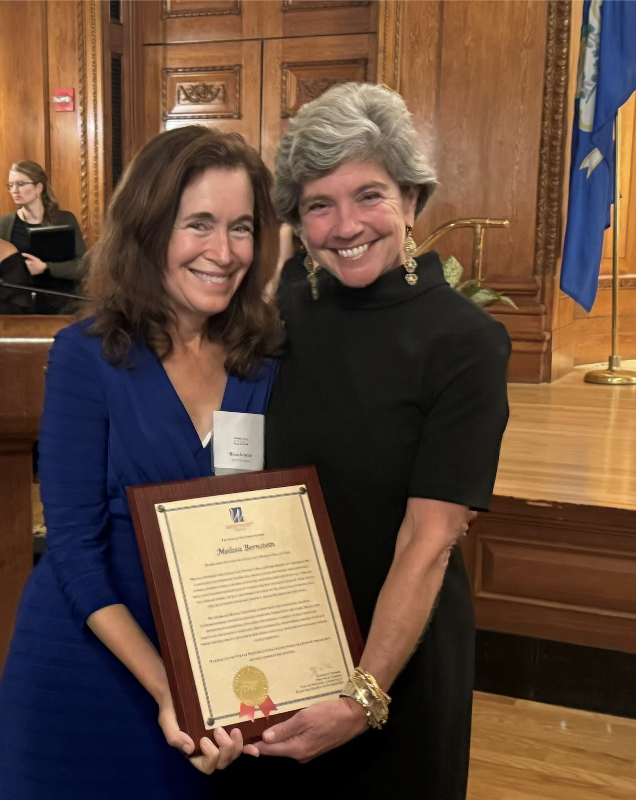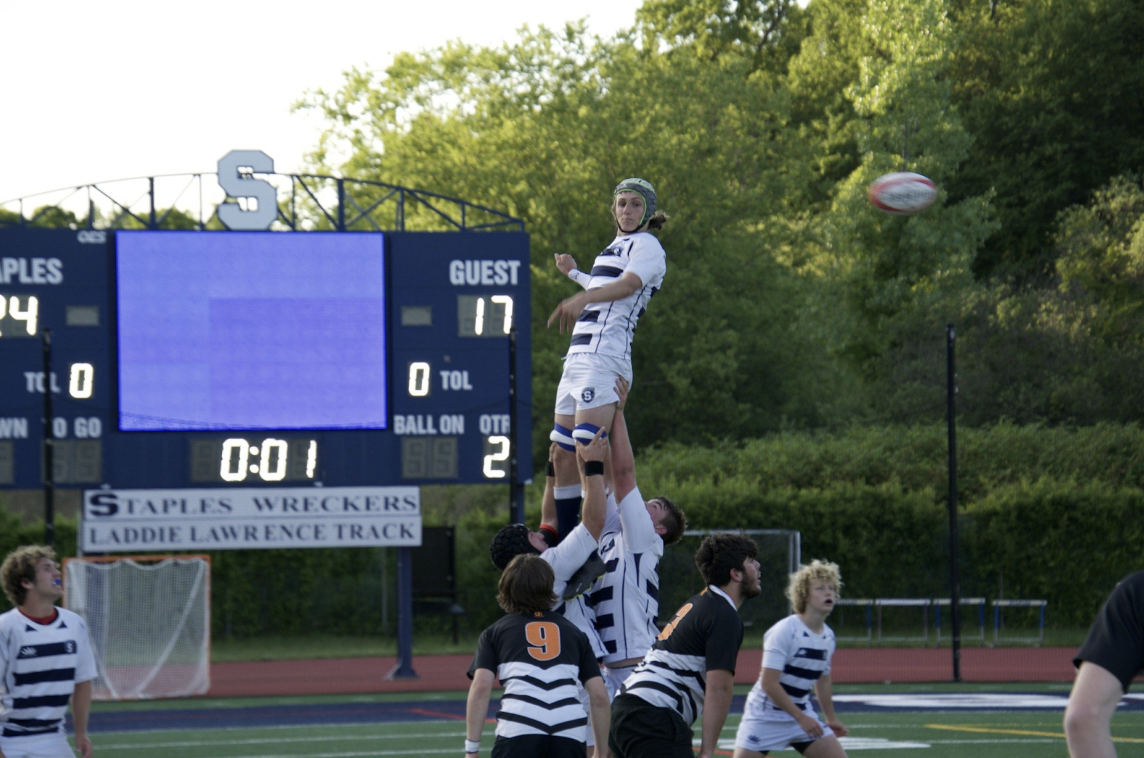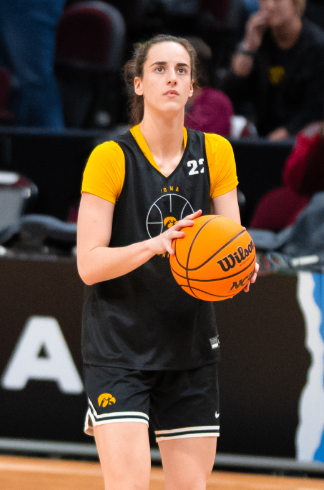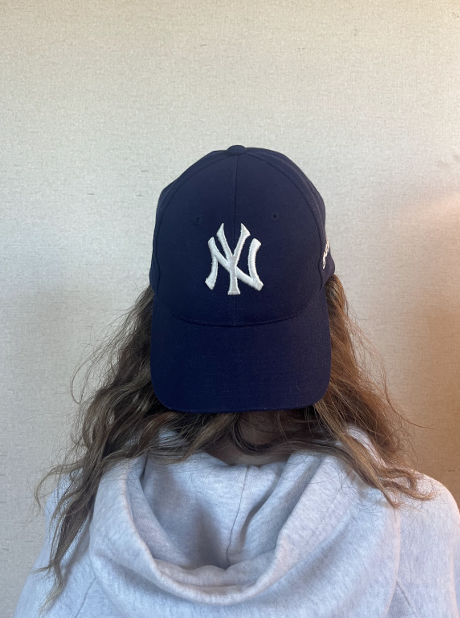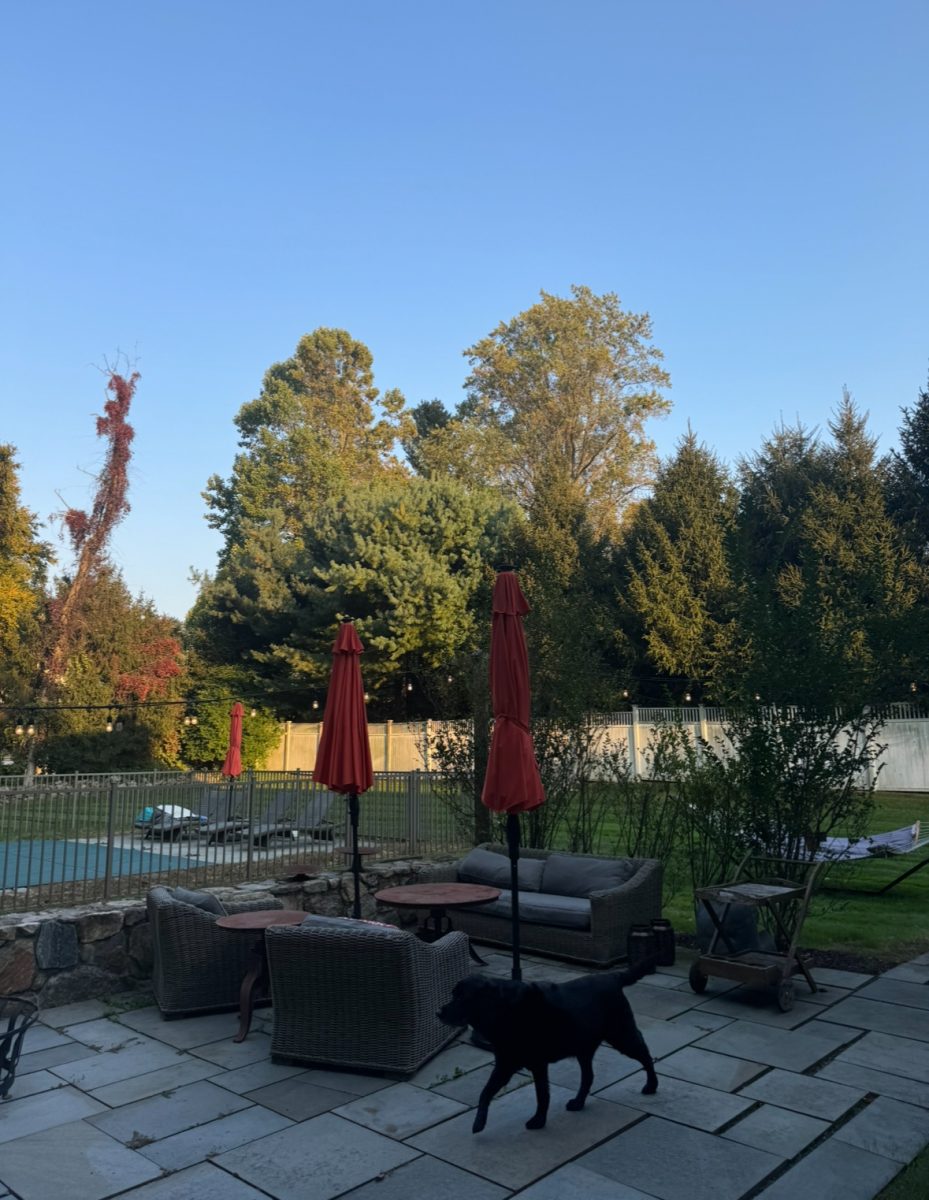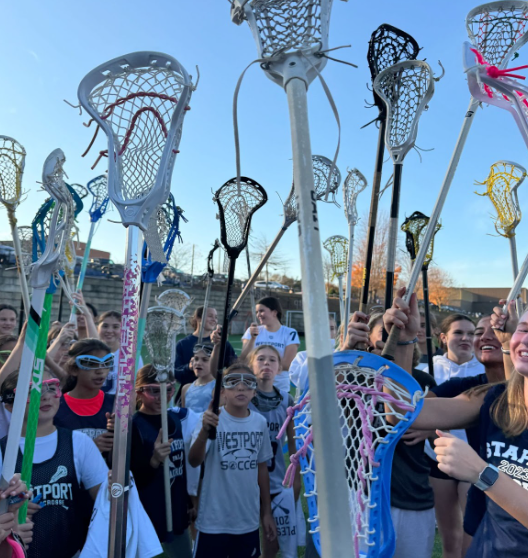Unforeseen dangers of turf fields

Benzene, methylene chloride, xylene, acetone and styrene, lead, chromium and polycyclic aromatic hydrocarbons. These chemicals belong in a chemistry lab, but instead are all found in crumb rubber, parts of recycled tires which are a part of what makes up artificial-turf fields that millions of children play various sports on. These children may be at an elevated risk of cancer.
NBC News examined “unsettling patterns of cancer, particularly leukemia, lymphoma and similar disorders, among former youth and college soccer players.” The piece also discovered that the more skin contact with the turf, and therefore the higher levels of exposure, the more at risk players are.
Soccer player Danielle Johnston ’16 spends up to twelve hours per week on turf fields, “It’s scary that just by doing just by doing something I love I could be damaging my health,” Johnston said.
According to Synthetic Turf Council research, the U.S. has over 12,000 synthetic crumb-rubber fields across the country in schools, parks and multi-sport facilities. Therefore, the amount of children who come into contact with these chemicals is huge.
University of Washington soccer coach Amy Griffin has been coaching soccer for three decades. Griffin compiled a list of 38 American soccer players who have been diagnosed with cancer, mostly lymphoma and leukemia according to ESPN. The piece also stated that a 2015 study aimed at determining the makeup of crumb rubber concluded that in the 14 samples tested, 12 known carcinogens were found and half of the 96 chemicals found were not government tested.
Not only have some of the Westport fields been changed from grass to turf, but also many of the fields in neighboring towns, which are used as home fields for Staples opponents. These fields have been popularized for their lack of damage from weather, as well as their guaranteed even surface.
Football player Jackson Dembski ’18 spends just as much time as Johnston on the fields, but to him, the benefits outweigh the costs, “It’s better because it’s smoother,” Dembski said. “I don’t care about the long term consequences, it’s worth it.”
The consequences have been considered serious in some parts of Connecticut, including the city of Hartford, which has implemented new zoning regulations, stating that “Any man-made infill from recycled or virgin materials” have been banned as of Jan. 19.
Public Health Toxicologist and Director of Public Health Toxicology for EHHI (Environment and Human Health, Inc.) Dr. David R. Brown emphasized that the risk of children developing cancer from the carcinogens in these fields are much higher than adults because of their rapid cell division, and that the risk of danger is significant enough that contact should be extremely limited, “The very young children, I’d get them off those fields.”
Normally when thinking about the typical high school the athletes don’t really mix with
the kid of the newspaper staff. Talia Hendel ’16 defies...



